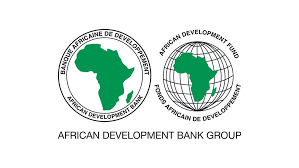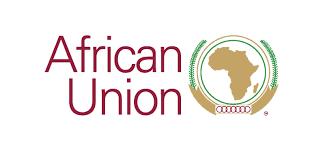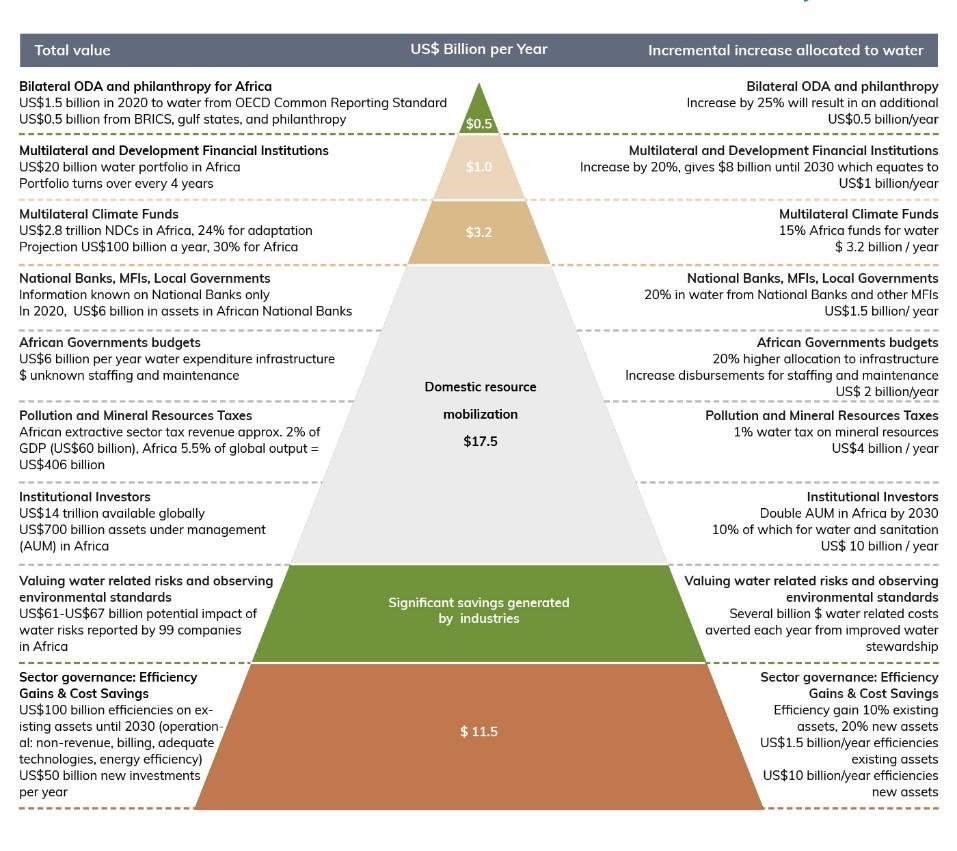Africa Investment Forum 2023: Capital market integration in Africa is essential to meet funding needs - experts

African countries continue to face funding challenges, mainly due to the modest size and low capitalisation of the continent’s stock markets, Financial experts attending this year’s Africa Investment Forum Market days said.
Speaking during a session on “Capital Market: Mobilising Investment for Transformational Growth”, the panellists acknowledged the significant progress made over the past ten years regarding access to financial services, particularly mobile services, and the development of financial markets. Still, there is much to do to develop long-term financing on the continent.
Public-private partnerships needed to bridge Africa’s infrastructure development gap

Public-private partnerships (PPPs) are crucial to closing the financing gap for infrastructure development in Africa, and governments and the private sector should work together to create effective PPPs, said Dr Robert Lisinge, Acting Director of the Private Sector Development and Finance Division at the UN Economic Commission for Africa (ECA).
COP28: Italy announces €5 Million contribution to Sustainable Energy Fund for Africa

Italy has made a new commitment of €5 million to Africa's sustainable energy future through the Sustainable Energy Fund for Africa (SEFA) Special Fund. The Italian Deputy Minister of Environment and Energy Security, Vannia Gava, announced the new contribution during a side event at the 2023 United Nations Climate Change Conference, COP28, in Dubai, United Arab Emirates.
Kenya: Africa Fertilizer Financing Mechanism commits more than $2 million to improve farmers’ access to fertilizers

The Africa Fertilizer Financing Mechanism will provide a $2 million partial trade credit guarantee and a $219,000 grant funding to Nairobi-based Apollo Agriculture Limited(link is external) to support the distribution of over 7,000 tonnes of fertilizers to some 100,000 smallholder farmers in Kenya.
Between 2024 and 2026, the project will support Apollo Agriculture Limited to sell fertilizer through a part of its network, covering around 150 retail agro-dealers and 800 village-based agents using digital platforms.
Leaders Commit to Mind the Gap – Invest in Water as the Race to Achieve SDG 6 in Africa Accelerates


African leaders have pledged to mobilise US$30bn per year by 2030 to achieve water security and sustainable sanitation on the continent through institutional private-public partnerships, sector reform, and higher national budget allocations.
Brazil-Africa Forum 2023: African Development Bank Group calls for increased Brazilian investment in infrastructure and logistics

An African Development Bank delegation to the 11th edition of the Forum has stressed the need to strengthen collaboration with Brazil through the multi-partner Lusophone Compact, to attract more private capital and co-financing for private sector transactions.
The delegation from the continent’s premier multilateral development bank attended the forum, held in São Paulo, Brazil from October 31st to November 1st, under the theme Investment and Development: Brazil and Africa Engaging with the World.
Gambia: African Development Bank grants nearly $7 million to improve governance and strengthen fiscal resilience

On Tuesday 3 October, the Board of Directors of the African Development Bank Group, meeting in Abidjan, approved a grant of $6.72 million to The Gambia to support implementation of the first phase of the Public Financial Management and Economic Reform Programme.
The Bank's financial support comes under Pillar 1 of the Transition Support Facility, which is intended for states affected by situations of fragility or conflict.
Accelerating investments for Micro, Small and Medium sized Enterprises: 2nd AU MSME Forum comes to a close.

The African Union 2nd Annual Micro, Small and Medium sized Enterprises (MSMEs) Forum has concluded adopting pathways to enhance support towards the MSMEs ecosystem with practical policies and adequate resources. The forum focused on Start-up Acts as instrument to Foster Development and Innovation in Africa, recognizing the importance of legislation in creating an enabling environment for the emergence and growth of start-ups across the continent. Start-ups are major contributors to innovative socio-economic solutions in Africa and continue to generate high rates of growth and job creation particularly for the youth, advancing inclusive growth and sustainable development in Africa.
West Africa: African Development Bank, Ecowas Bank for Investment and Development sign loan agreement for $50 million and €50 million to enhance regional food security

The African Development Bank Group and the ECOWAS Bank for Investment and Development (EBID) have signed an agreement for a dual currency line of credit comprising $50 million and €50 million to support local agricultural businesses in West Africa.
Carbon Border Adjustment Mechanism

On 1 October 2023, the Carbon Border Adjustment Mechanism (CBAM) entered into application in its transitional phase, with the first reporting period for importers ending 31 January 2024.
Climate change is a global problem that needs global solutions. As the EU rises its own climate ambition, and as long as less stringent climate policies prevail in many non-EU countries, there is a risk of so-called “carbon leakage”. Carbon leakage occurs when companies based in the EU move carbon-intensive production abroad to countries where less stringent climate policies are in place in the EU, or when EU products get replaced by more carbon-intensive imports.
The CBAM is a landmark tool to put a fair price on the carbon emitted during the production of carbon intensive goods that are entering the EU, aiming to reduce greenhouse gas emissions to 55% below the 1990 levels by 2030 and to encourage cleaner industrial production in non-EU countries. However, the proposal has faced scrutiny from partners like Africa, who question its impact on African exports, due to additional costs for exporters and deteriorating terms of trade.
The gradual introduction of the CBAM is aligned with the phase-out of the allocation of free allowances under the EU Emissions Trading System (ETS) to support the decarbonisation of EU industry.




